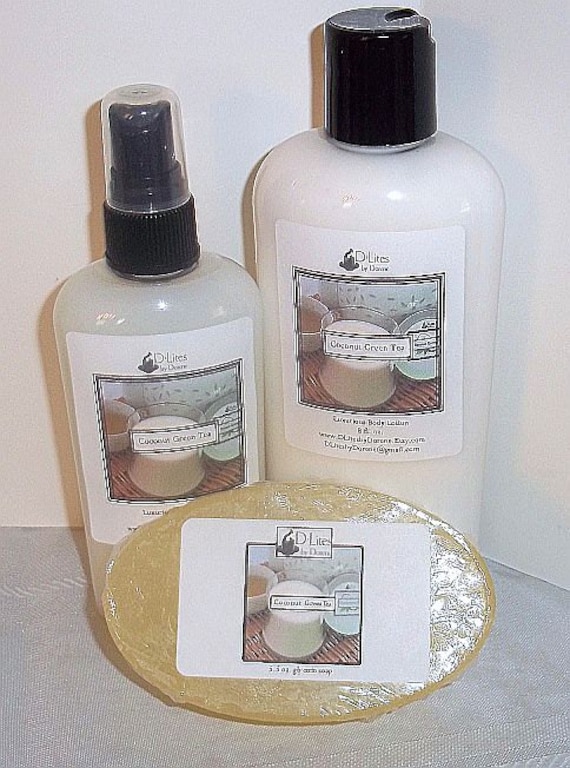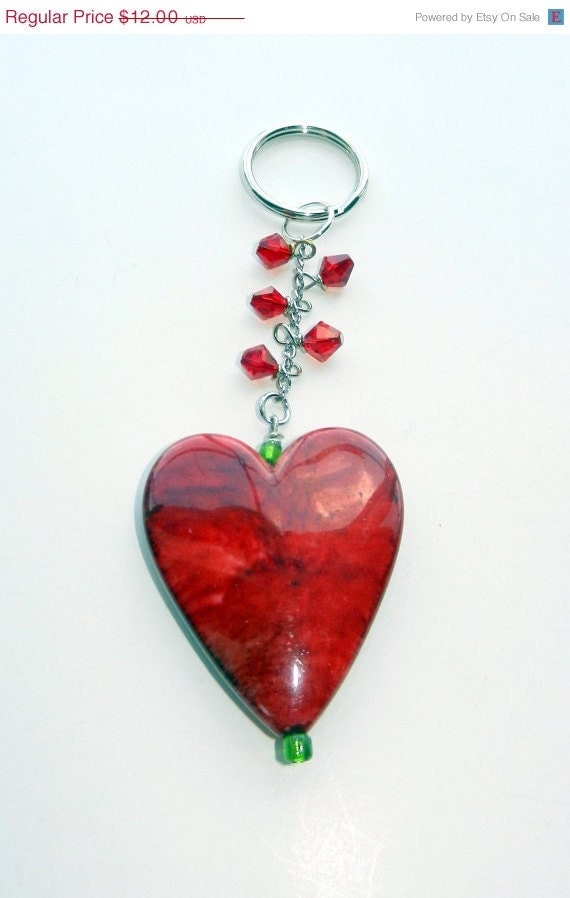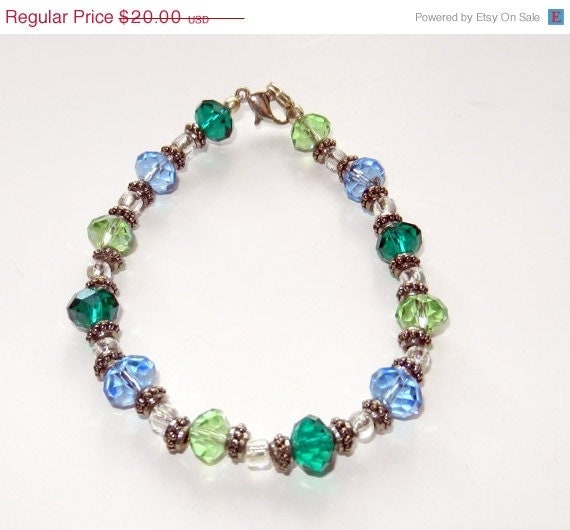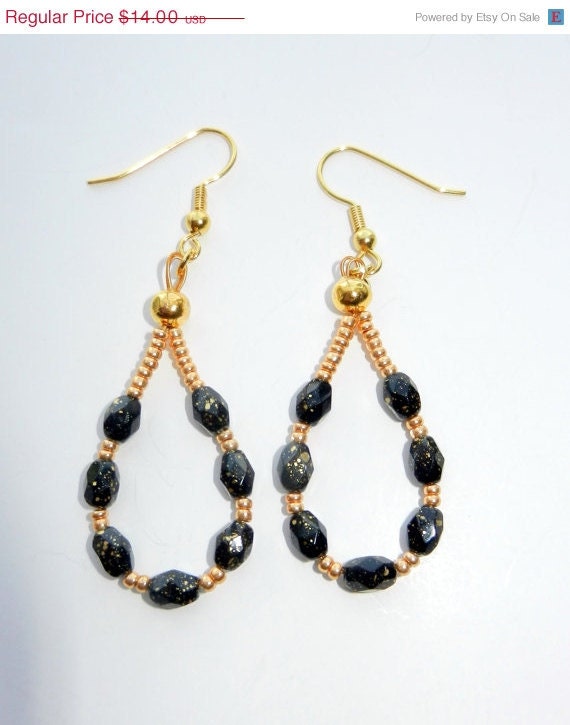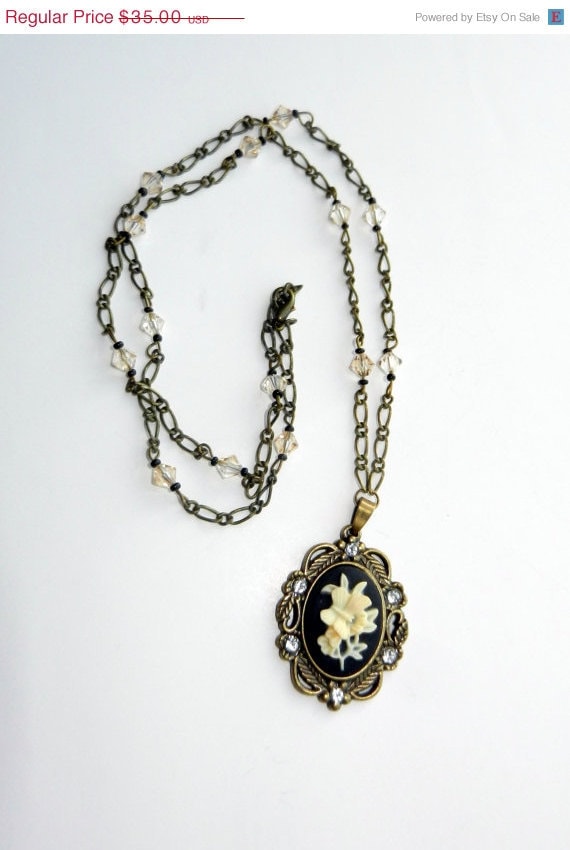As we discussed in l
ast week's post on Consignment Selling Lessons Learned, Part 1, selling your products in consignment shops is often an artisan's first foray into the retail world. Following are more lessons I've learned:
5.) Product placement gives you the opportunity to see what will sell on a larger scale. Many of you may sell on Etsy, Artfire, or a similar venue in which you most likely sell one product at a time. In doing so, it can be difficult to get a feel for what customers really want to buy. Selling on a larger scale also teaches you how to "mass produce" your product. As an artisan of home fragrance, one of the selling points on my Etsy shop is that each candle is made to order, so it's easy for me to work in small batches. Even creating six similar items for one store teaches some good production lessons on planning for economies of scale from supply inventory to packaging. Mass production lessons apply even if you aim for each item to be a unique creation.
6.) Watch your inventory. This was huge for me. At one time I considered myself fortunate to have my products in four stores. Yes, all consignment. This was a great opportunity for me, especially since all four stores were in separate geographic locations and my "reach" was growing. However, when I decided not to renew my contract in one store and when another store decided to close for the season, not only were my opportunities halved, but I was faced with bringing my inventory home. Over six cases of product. I hadn't realized just how much money I had spent stocking these stores. Nor did I realize what six cases of product would mean back in my home. I'm still selling it off. My practice now is to provide no more than two cases of product unless/until my product really moves.
7.) Talk to the owner/manager about your product. Just because there is more risk on the artisan rather than the owner in stocking the store doesn't mean the owner isn't interested in your product. Your wares would not be in the store if the owner did not think they could sell. In talking to the owner/manager, you can get a better perspective of what sells in the store. Rather than simply dropping off product, I've actually asked the owner what fragrances and product would work. And I've been surprised. I can't seem to sell one item of Herb Garden on Etsy, yet it's flying off the shelf in one store - and it would not be had I not asked the owner what she might like. In talking with another owner, I was able to secure a better booth location, ability to use their displays and to place signage in their windows.
8.) Any store (regardless of retail type) give your product credibility. Once I landed my first store, it became much easier to approach other stores and to talk about my ability to provide a product solution. The stores that carry my product are in various geographic locations and are none the wiser that all venues are consignment. And it's taught me to talk their language. I can now discuss wholesale costs, payment terms, and minimum orders with an authority I gained from all the combined lessons I've learned.
So if you're considering selling retail but don't know where to start, check out some area consignment shops. Hopefully you'll learn some good business skills, make some sales, and gain the confidence and creativity to grow your business in new ways!
Happy sales!
Dorene


